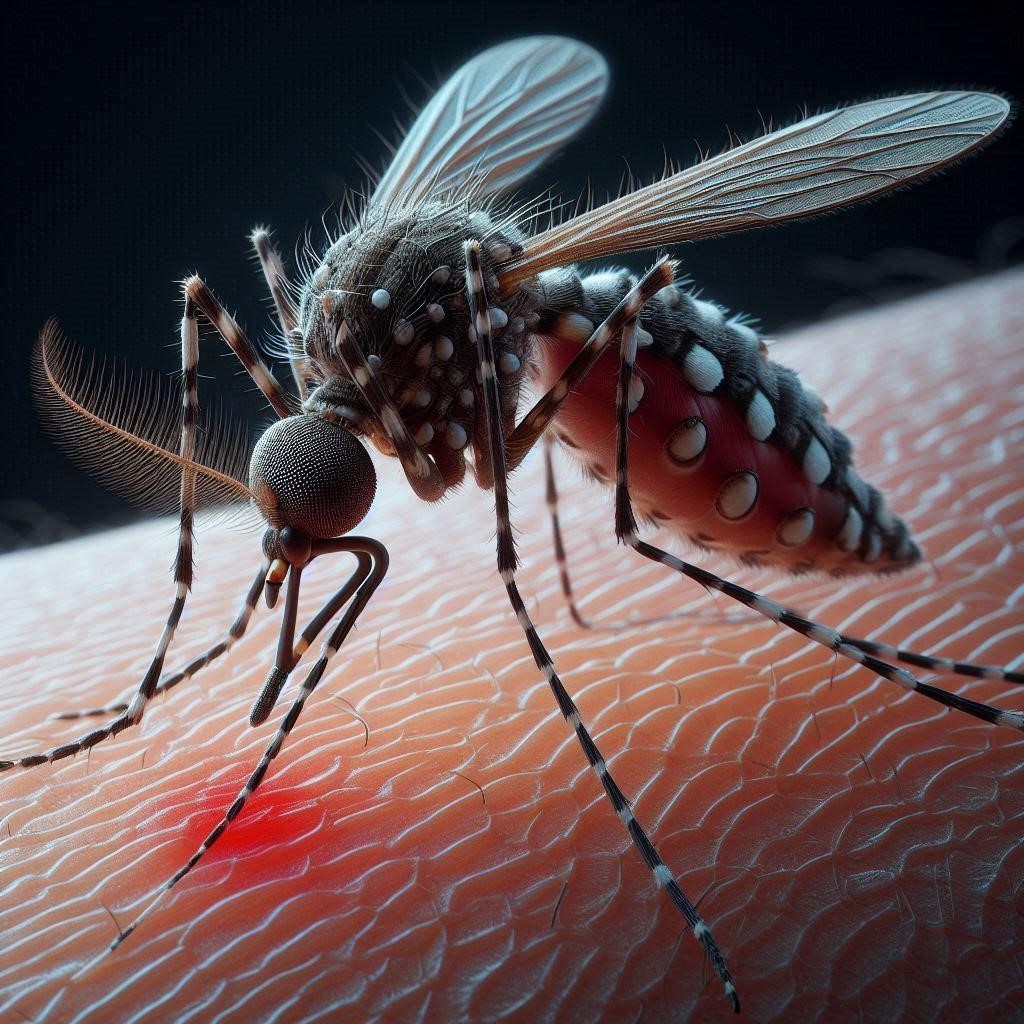In Italy, some 60 mosquito species remind us that even the smallest creatures can have a big impact on our lives. And while we arm ourselves with repellents and mosquito nets, let us also remember that mosquitoes play an important ecological role, as pollinators and as part of the food chain.
World Mosquito Day, celebrated on 20 August, commemorates the discovery of British physician Ronald Ross in 1897, who identified the role of mosquitoes in the transmission of malaria.
Other mosquito-borne diseases include dengue fever, West Nile virus, Zika virus and other blood-borne infections.
Despite their negative reputation as annoying pests, mosquitoes play vital ecological roles.
For example, the females of some species are pollinators, contributing to the reproduction of plants while feeding on their nectar.
The larvae help to purify the water by removing organic substances and microorganisms. These larvae are then an important food source for aquatic organisms such as fish and amphibians.
Their complete elimination could therefore have a negative impact on aquatic ecosystems and the food chain.
Insecticides used to control mosquito populations can have harmful side effects; for example, reducing the populations of their natural predators, including bats, insectivorous birds, dragonflies and geckos. This can lead to a vicious circle.
To protect yourself from mosquito bites, it is important to take a number of preventive measures:
- wear light-coloured, long-sleeved clothes,
- avoid sweet smells and install mosquito nets.
- use ultrasound devices to ward them off
- use natural repellents based on essential oils.
- eliminate stagnant water to prevent spawning.
It is therefore crucial to develop management strategies that balance the need to protect human health with the conservation of biodiversity and the health of ecosystems.
Play for the Planet
